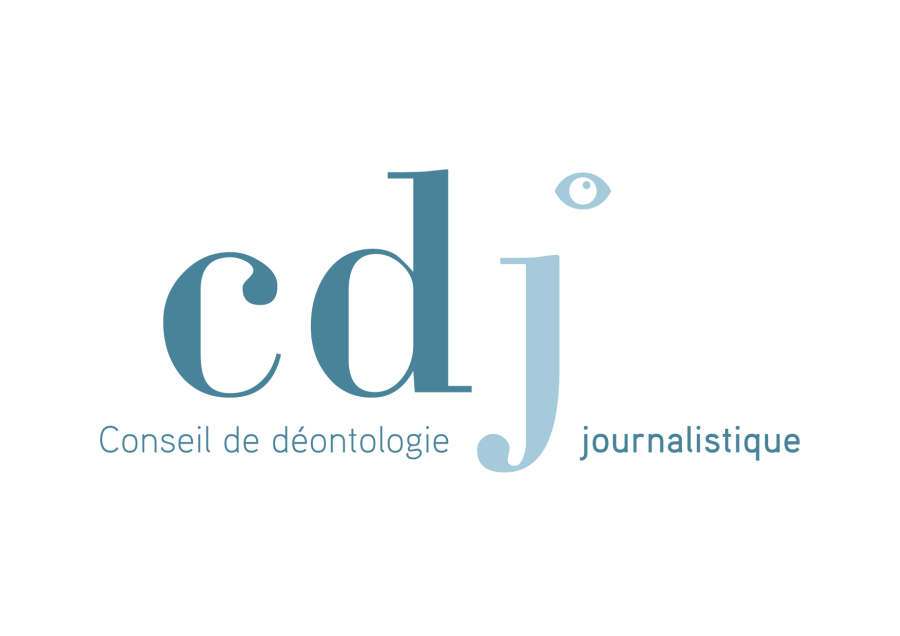The CDJ’s frontline action on audiovisual complaints is reaffirmed by the Belgian Council of State

The Council of State – the highest administrative court in Belgium – has just issued a ruling, in a dispute opposing the public service broadcaster (RTBF) and the French- and German-speaking media council (CDJ) to the audiovisual media regulator (CSA), which confirms the CDJ’s interpretation of the articulation of competences between the media council and the media regulator, a system – the only one of its kind in Europe – that protects journalistic independence and editorial freedom.
In July 2024, the French- and German-speaking media council (CDJ) had filed via its umbrella association a voluntary action alongside the public service broadcaster (RTBF) before the Council of State against a sanction imposed by the media regulator (CSA) on the RTBF because of a ‘self-promotional insertion’ in its news programme. The CDJ considered that, with this decision, the media regulator was interfering with journalistic ethics, which are legally the sole remit of the CDJ, as stated in its founding decree.
The ruling handed down by the Council of State on April 15th, 2025 overturns the sanction imposed by the media regulator on the RTBF and, at the same time, reaffirms the CDJ’s interpretation of the decree, namely that the legislator entrusts the CDJ with the first line of action in matters of joint complaints and limits cases of “dual control” to three exceptional situations, in which the media editor is held liable: 1) infringement of journalists’ independence; 2) repeat offences; 3) seriousness. Thus, as the Council of State explains it, ‘The exceptional nature of the “concurrent” or “joint” control of the CSA and the CDJ lends credence to the argument that the aforementioned provisions are strictly interpreted and consequently limit this control to the cases expressly mentioned in the aforementioned decree provisions’ (free translation).
The Council of State also points out that this interpretation is not contrary to the hierarchy of norms and that the question of the division of powers between both bodies ‘is part of a regulatory framework that seeks to guarantee the independence of the CDJ, the self-regulatory body for journalistic ethics, and, more fundamentally, the freedom of the press that underpins this regulatory framework’. The CDJ’s exclusive remit is indeed designed to protect the independence and editorial freedom of journalists, newsrooms and the media from any intervention by external powers, whether established or not.
This articulation of competences between the media council and the media regulator represents a unique system in Europe, as shown by a research report published by the CDJ in 2023 as part of the ‘Media Councils in the Digital Age’ project, supported by the European Commission. The study underlined the need for dialogue and cooperation on an equal footing between journalistic self-regulation and audiovisual media regulation, so as to best protect press freedom and the right to information at a time when Europe is fine-tuning its approach to moderating online content.
The CDJ is delighted that this crucial issue has now been clarified for the benefit of all those involved: journalists, newsrooms, the media, the general public and the two bodies concerned.


